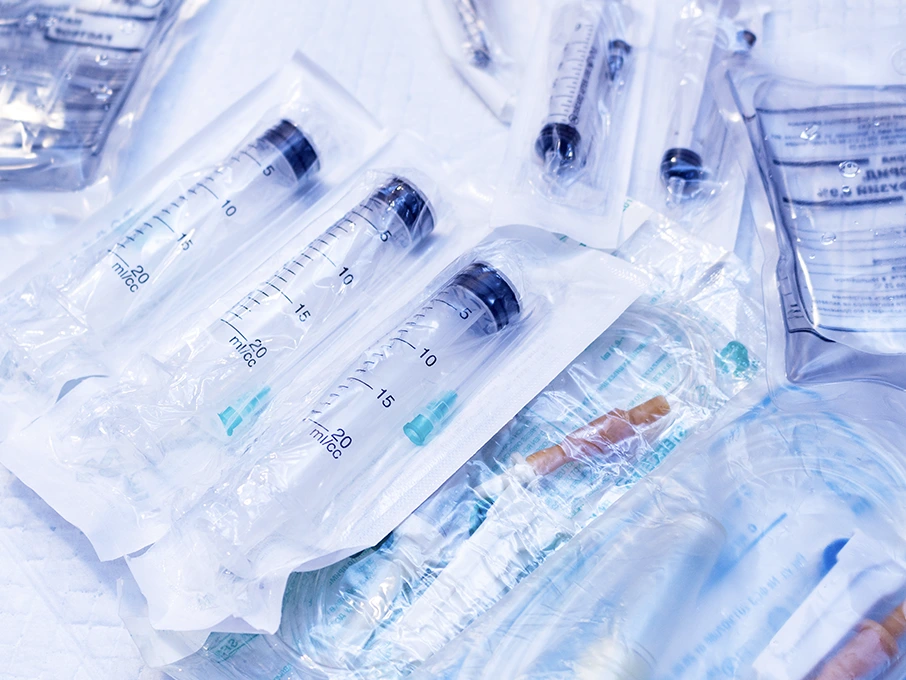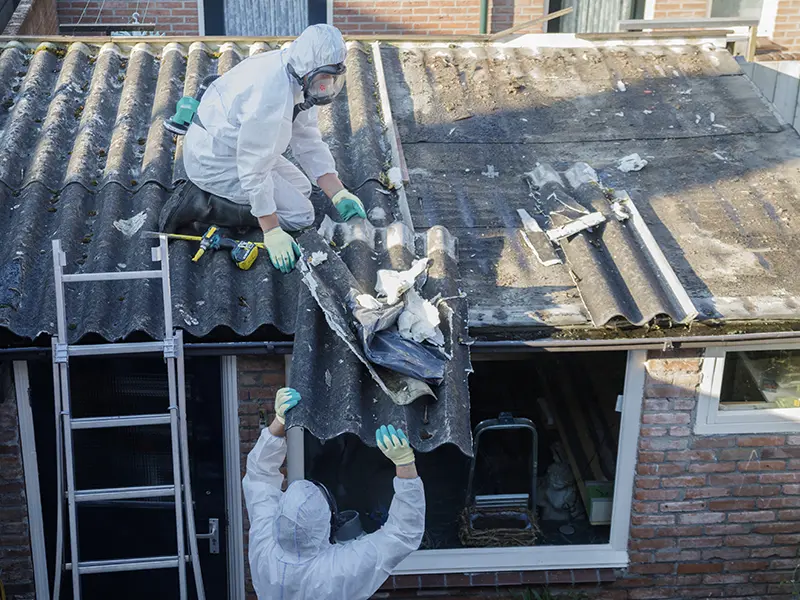5 Recent Medical Device Recalls You Should Know About: What They Are & Why They Are Serious
When we take a look at the number of medical device recalls issued in the first half of 2021, we see that the number is far higher than previous years in the United States [1]. As of December 3rd 2021, there have been 52 medical device recalls issued by the US. Food and Drug Administration (FDA) [2], some of which are Class I recalls that may pose serious adverse health consequences and potential death. Here are 5 recent medical device recalls you should know about!
1. Cardinal Health recalls 267,217,860 monoject flush pre-filled saline syringes due to risk of air re-entering the syringe leading to air embolisms. These monoject syringes are used to flush out many different types of intravenous (IV) tubing and other devices that give healthcare workers access to the blood vessels (intravascular access devices) for fluid and medication delivery.
The reason for recall is that the syringe’s plunger may pull back and reintroduce air into the syringe, which can block the vessel and create an air embolism. There have been 37 reports of the plunger pulling back, but no injuries or deaths reported. Device recall date: August 4, 2021.
2. Medtronic recalls 8,825 pipeline flex embolization devices due to risk of delivery system fractures during placement, retrieval, or device movement. This device is used in patients who are undergoing brain aneurysm treatment with stents.
The reason for recall is that if the wire and tubes, that are a part of the delivery system fracture during placement, retrieval, or during the movement of a patient’s stent, pieces can be left inside. They may get into the patient’s brain bloodstream, causing blood vessel blockages, stroke, and death.
This recall has had 59 device malfunctions reported, 10 serious injuries reported, and 2 deaths. Device recall date: July 13, 2021.
3. Philips Respironics recalls 16,535 V60 and V60+ ventilators equipped with high flow therapy software versions 3.00 and 3.10 due to the risk of receiving reduced oxygen. These ventilators are used to provide high concentrations of oxygen at a higher flow than typical oxygen therapy for patients that require breathing assistance. The safety mechanism limits the amount of flow that can be delivered to a patient.
The reason for recall is that in situations where the system pressure reaches the default maximum pressure limit, due to a partial obstruction in the breathing circuit, a low priority alarm will be issued, and the unit will continue to provide the patient with a lower oxygen flow rate than what they require.
This recall has had 61 incidents, 25 injuries, and no deaths reported. Device recall date: June 18th, 2021.
4. Boston Scientific recalls 48,000 INGENIO pacemakers/CRT-Ps due to the risk of transition into safety mode. These pacemakers/CRT-Ps are used in patients who have low heart rates or moderate to severe heart failure.
The reason for recall is due to the risk of the pacemakers transitioning into safety mode. This safety mode is intended to provide a backup if the device becomes or is faulty. In safety mode, there is a risk of inappropriate loss of pacing due to the sensing of muscle contractions. If the device goes into safety mode, it cannot be reprogrammed and thereby must be replaced. This can cause serious health consequences such as early device replacement, or the inability to regulate heart rate which can be life-threatening.
There have been 65 reported incidents, and 3 injuries which required patients to receive temporary external pacing. No deaths related to this recall. Device recall date: June 3rd, 2021.
5. Abbott (St. Jude Medical) recalls Assurity and Endurity pacemakers for risk of potential moisture ingress which can cause electrical shortages and reduced battery life. This particular lineup of pacemakers are used with patients who have hearts that beat too slowly (bradycardia).
The reason for recall is that between April 2015 and Feb 2019, a small number of devices have experienced problems with moisture ingress, increasing risk of electrical shortages, which can cause a loss of device pacing, errors in telemetry, early or fast battery drain, and in the inability to delivery correct pacing. Incorrect pacing can lead to irregular heartbeats, fainting, tiredness, shortness of breath, or early pacemaker replacement.
There have been 135 complaints, and 135 injuries, and no deaths related to this recall. Device recall date: March 15th, 2021.
If you or a loved one have been impacted by any of these latest recalls, we may be able to help. Florida law requires that medical device products are safe for use, and should not be defective. Give us a call at (407) 777-4382 or send us an email at info@chubbfirm.com to discuss your case!





